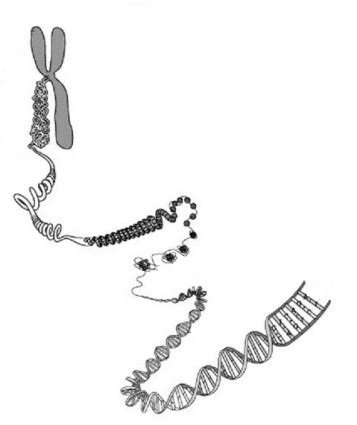Instituto Bernabeu applies new technique to detect alterations in sperm production
27-12-2017

At the Association for the Study of Reproduction Biology (ASEBIR)’s 9th Congress held in Madrid, Instituto Bernabeu introduced a research paper focusing on checking the MLPA (Multiplex Ligation-dependent Probe Amplification) technique’s sensitivity levels in order to find out how specific alterations can affect sperm production. Our investigation entitled: “New technique to detect Y chromosome microdeletion (YCM): Clinical implications” was based on the fact that Y chromosomes comprise different genetic regions involved with spermatogenesis or sperm production. In the event that one of these regions, also known as AZF, was deleted or duplicated, this could result in either a low amount or the complete absence of sperm.
Our research represents an improvement on traditional deletion detection methods, also known as gene mutations, which cause the deletion of part of a chromosome’s DNA. According to the results obtained, our experts have discovered that azoospermic patients (those who do not produce any sperm) are affected by a higher amount of deletions, thus having a direct effect on spermatogenesis. On the other hand, it was also confirmed that AZF region duplications, however, have a protective effect in the production of sperm.
Led by the biologist Eva Garcia, this investigation was also made possible by the collaboration of Dr. Belen Lledo, Dr. Jose Antonio Ortiz, Dr. Ruth Morales and Dr. Azahara Turienzo, in addition to Instituto Bernabeu’s own medical director, Dr. Rafael Bernabeu.
Nueva técnica para detectar microdeleciones del cromosoma y: repercusión clínica. E.M. García-Hernández, B. Lledó, J. A. Órtiz, R. Morales, A. Turienzo, J. Ll. Aparicio, R. Bernabeu. POSTER
